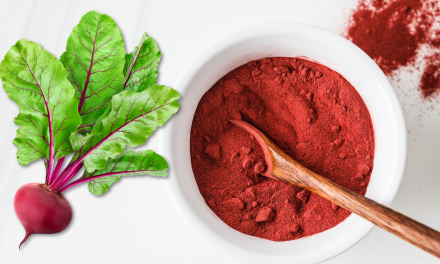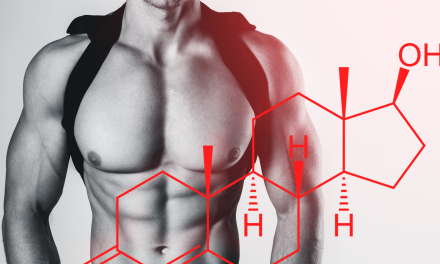Discover the Top 9 Health Supplements that Really Work
In an era where optimal health is prioritized, supplements have become a key aspect of many health regimens. At Pro Health Review, we prioritize accurate, evidence-based information to help you make well-informed decisions about your health. This article focuses on supplements that are not just popular but have also been rigorously validated for their effectiveness through scientific research.
These nine supplements are selected based on a thorough examination of clinical research, their safety profiles, and their concrete health benefits. This ensures that the supplements we discuss are grounded in science and align with the real health needs of individuals spanning various ages and lifestyles.
Our aim is to equip you with clear and accurate information that aids in enhancing your health plan in a responsible and effective manner. This article discusses the top nine supplements that have demonstrated significant benefits. These supplements have been chosen for their capacity to support and improve different aspects of health, including cognitive function, muscle strength, heart health, and skin condition.
As we review each supplement, we will provide an overview of its benefits, the scientific evidence supporting its effectiveness, and practical tips on incorporating it into your daily routine. Whether your goal is to support mental sharpness, improve physical performance, or enhance overall health, this guide offers valuable insights into supplements that can make a real difference.
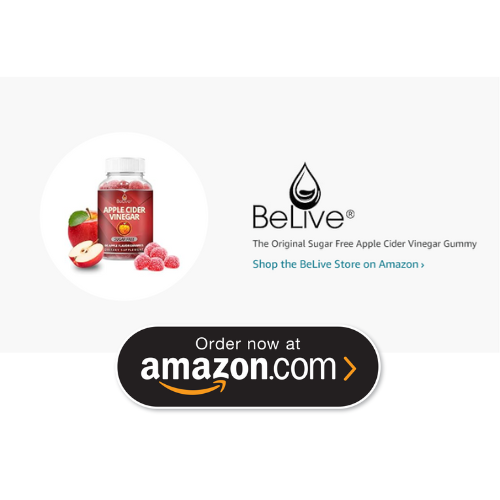
1. Creatine: Beyond Muscle Building
Creatine is renowned for enhancing muscle performance and recovery but is also emerging as a cognitive enhancer. Indeed, it’s well-established for boosting strength and lean muscle mass during high-intensity workouts.
Recent studies reveal its benefits in brain health, especially under stress or during aging, by increasing brain creatine levels. Contrary to early concerns, extensive research confirms creatine’s safety, showing no links to hair loss, kidney issues, or increased fat mass.
Regular intake, typically 5 grams daily, can benefit both physical and cognitive functions, making it a versatile supplement for overall health enhancement.
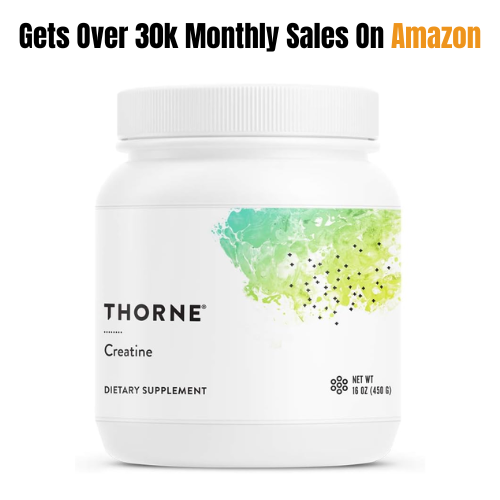
2. Protein Powder: Essential for Muscle Health
Protein is crucial for muscle strength and longevity. The recommended daily intake is 1.6 grams per kilogram of body weight, which can be challenging to meet through diet alone, especially for older adults who need even more.
Protein powder is an effective solution, offering a convenient way to reach these targets. It benefits muscle building, and recent studies dispel myths about high protein intake harming health.
Instead, evidence suggests higher protein levels are linked to lower mortality rates. Choosing a powder without added sugar or salt is advisable for maximum benefits.
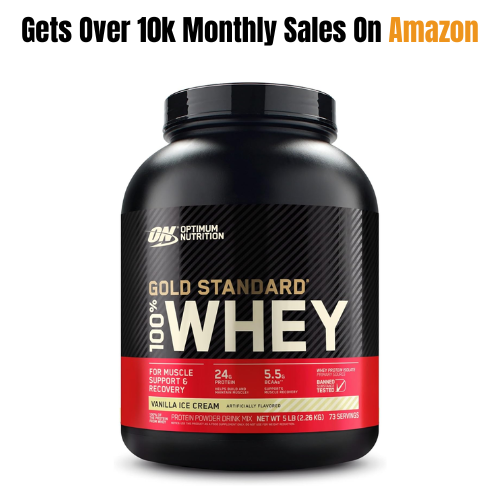
3. TMG (Trimethylglycine): More Than Muscle
TMG enhances athletic performance, especially when combined with exercise. It plays a crucial role in recycling adenosine triphosphate and may boost muscle protein synthesis.
TMG’s significance extends beyond muscles; it lowers homocysteine levels, a risk factor for Alzheimer’s disease. Studies indicate that TMG supplementation offers benefits only with concurrent exercise.
It’s also being researched for its potential to reduce dementia rates. A daily intake of 500 mg to 1 gram is generally recommended. While more research is needed, TMG’s dual role in physical and cognitive health is a noteworthy supplement.
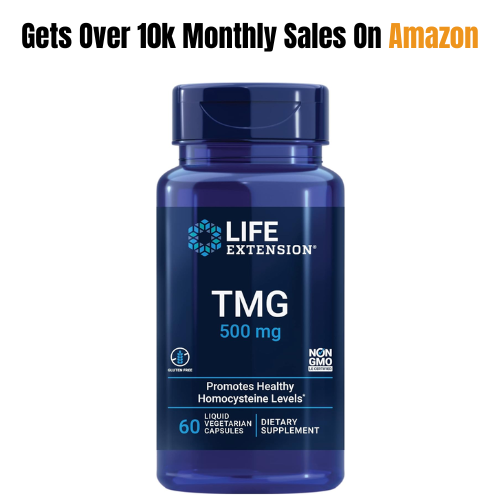
4. Multivitamins: Filling Nutritional Gaps
Vitamin deficiencies are common, as many struggle to obtain all necessary nutrients from their diet. Multivitamins can bridge this gap. A large 2022 study showed that daily multivitamin use improved global cognition significantly.
However, using multivitamins to complement, not replace, a balanced diet is crucial. Additionally, excessive intake should be avoided, as most multivitamins exceed the recommended daily intake of various nutrients. The right multivitamin can be key in maintaining overall health, especially in populations at risk of nutritional deficiencies.
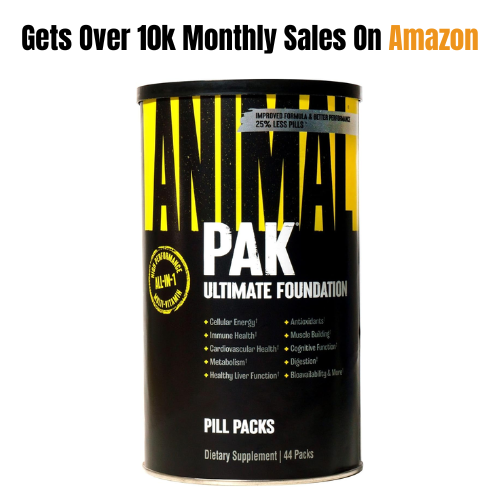
5. Omega-3: Heart Health and Beyond
Omega-3 fatty acids are renowned for their heart health benefits, as evidenced by significant studies like the vital trial, which showed a 28% reduction in heart attack risk.
While research on Omega-3’s cognitive benefits has shown mixed results, its inclusion in a supplement regimen is mainly due to its cardiovascular advantages. A Mayo Clinic analysis confirmed a substantial reduction in heart attack risks with Omega-3 supplements.
Their anti-inflammatory properties further justify their use, making them a valuable addition to support overall health and wellness.
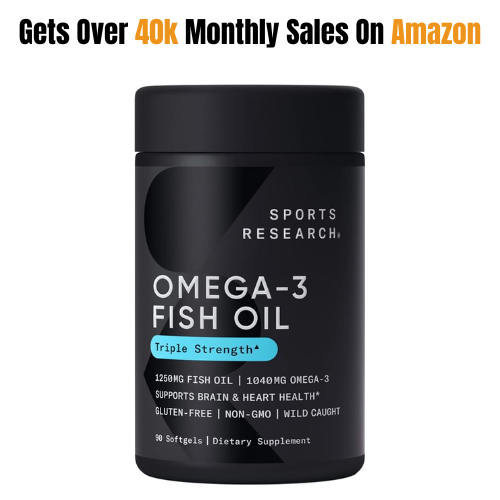
6. Psyllium Husk: The Fiber Powerhouse
Psyllium husk is a vital source of fiber, essential for gut health, and effective in managing cholesterol levels. It feeds beneficial gut bacteria and is linked to reductions in LDL cholesterol.
Easy to incorporate into smoothies or shakes, psyllium husk also aids in maintaining satiety, making it beneficial for weight management. Its versatility and health benefits make it an excellent addition to a balanced diet, especially for those looking to improve digestive health and cholesterol levels. If you’re interested, you can also check out another post we published on the top 10 gluten-free fiber supplements.
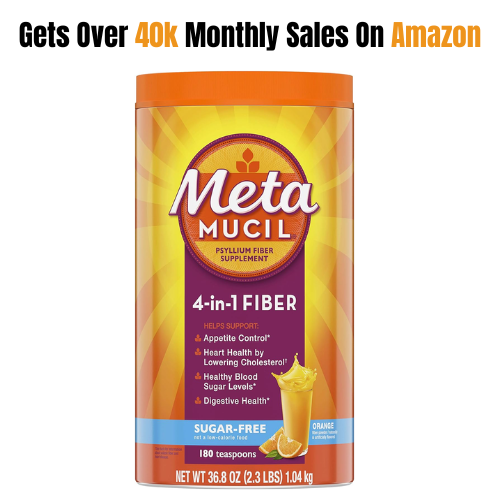
7. Collagen Peptides: For Skin and More
Collagen peptides have shown promise in improving skin health, notably in reducing wrinkles. Studies indicate an approximate 8% reduction in skin wrinkles with collagen supplementation.
Additionally, a 2020 study in burn patients highlighted improved wound healing with collagen compared to other protein forms. Despite debates, collagen peptides offer distinct benefits over regular protein sources for skin and wound healing.
With its growing body of supportive research, collagen peptides present a compelling case for those seeking to enhance skin health and recovery processes.
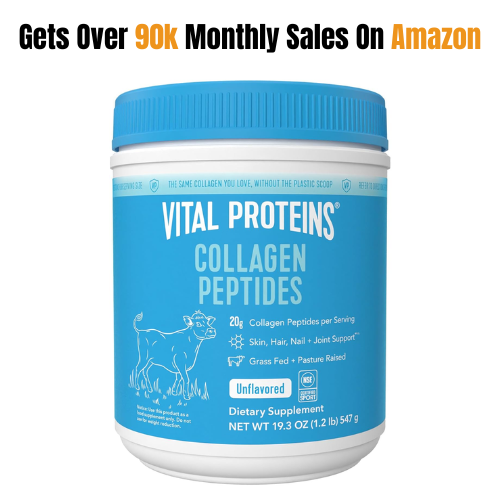
8. Hyaluronic Acid: The Skin Rejuvenator
Hyaluronic acid supplements have shown efficacy in reducing skin wrinkles, with studies indicating up to an 18% decrease.
This supplement is considered safe because of its skin hydration and elasticity benefits. When choosing a hyaluronic acid supplement, the molecular weight may not be critical, but a standard dose of around 200 mg daily is a common recommendation.
As with any supplement, it’s crucial to consider personal health conditions and consult with a healthcare provider.
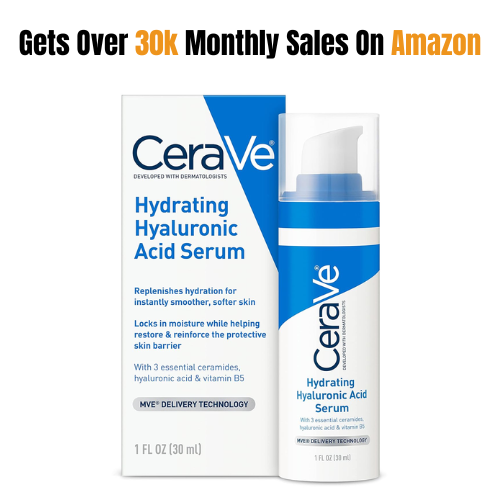
9. Low-Dose Melatonin: Not Just for Sleep
Melatonin is widely known for its sleep-enhancing properties, helping reduce the time it takes to fall asleep. Beyond sleep, it offers antioxidant and anti-inflammatory benefits.
Correct dosage and timing are essential; a dose of up to 300 micrograms, taken 1-2 hours before sleep, is generally advised to align with the body’s natural production. Especially for older adults, low-dose melatonin may help counteract the age-related decline in melatonin production.
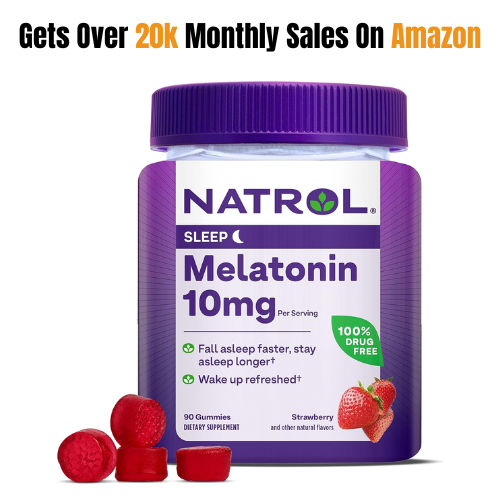
10. NAC (N-Acetyl Cysteine): An Emerging Option
N-acetyl cysteine (NAC) is gaining attention for its role in balancing antioxidants and enhancing mitochondrial function. Particularly important for aging populations, NAC helps maintain glutathione levels, a key antioxidant.
Current research, including studies on older adults, shows promising results in improving mitochondrial function. While more research is needed, a daily dose of 1 gram of NAC can be considered, particularly for those over 45.
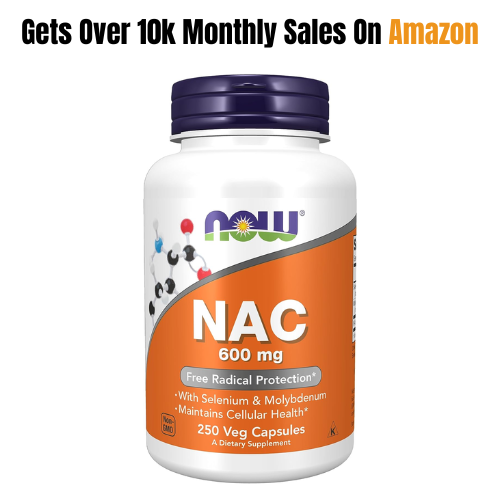
Choosing the Best Health Supplements Made Easy
This article has highlighted nine supplements with proven benefits for various aspects of health. While supplements can play a crucial role in enhancing well-being, it’s important to use them as part of a balanced health strategy.
We always recommend consulting with healthcare professionals before starting any new supplement regimen. For insights into supplements that might not be worth your investment, stay tuned for our upcoming article on supplements to avoid.
Disclosure: As an Amazon Associate, we may earn from qualifying purchases.




